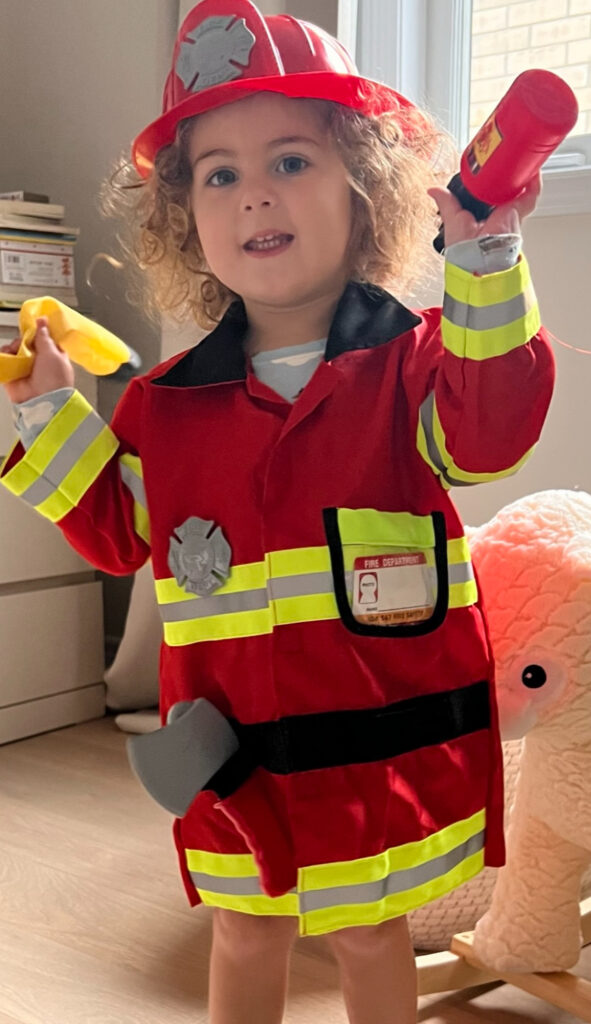
Play as Learning: How Play Nurtures Cognitive, Emotional, and Social Development
Play is more than just fun—it’s a critical part of childhood development. Engaging in play-based learning helps children develop essential cognitive, emotional, and social skills, shaping their ability to think, express emotions, and interact with others.
The Science Behind Play-Based Learning
In their book The Whole-Brain Child, Daniel J. Siegel and Tina Payne Bryson emphasize the profound impact of play on child brain development. Neuroscience research shows that play activates multiple brain regions, fostering creativity, problem-solving skills, emotional regulation, and social interaction.
Types of Play That Support Child Development
Imaginative Play: Role-playing and pretend play stimulate creativity and emotional expression, helping children develop problem-solving abilities.
Sensory Play: Engaging in activities that stimulate the senses (touch, smell, taste, sight, and sound) supports sensory integration and enhances cognitive and emotional growth.
Play-Based Learning: Hands-on, exploratory activities in early childhood education create meaningful learning experiences, improving critical thinking and adaptability.
Social Play: Interacting with peers teaches cooperation, empathy, and conflict resolution, building strong social skills that benefit children in school and beyond.
Brain Development Through Play: Play fosters neural connections and helps regulate stress hormones, which are crucial for emotional well-being and resilience.
How Parents and Educators Can Encourage Learning Through Play
To maximize the benefits of play-based learning, caregivers and educators can:
✅ Create a playful environment at home and in the classroom.
✅ Provide open-ended toys that encourage creativity and exploration.
✅ Engage in interactive play to strengthen emotional bonds.
✅ Set healthy boundaries to balance structured activities with free play.
Why Play Matters for Lifelong Learning
The chapters “Play Is Learning” and “Set Healthy Limits” in The Whole-Brain Child highlight the importance of integrating play with structured guidance. When children are given the freedom to explore through play, they develop essential life skills that shape their cognitive, emotional, and social growth.
By understanding the science-backed benefits of play, parents and educators can create enriching experiences that support whole-brain development and set children up for success.
